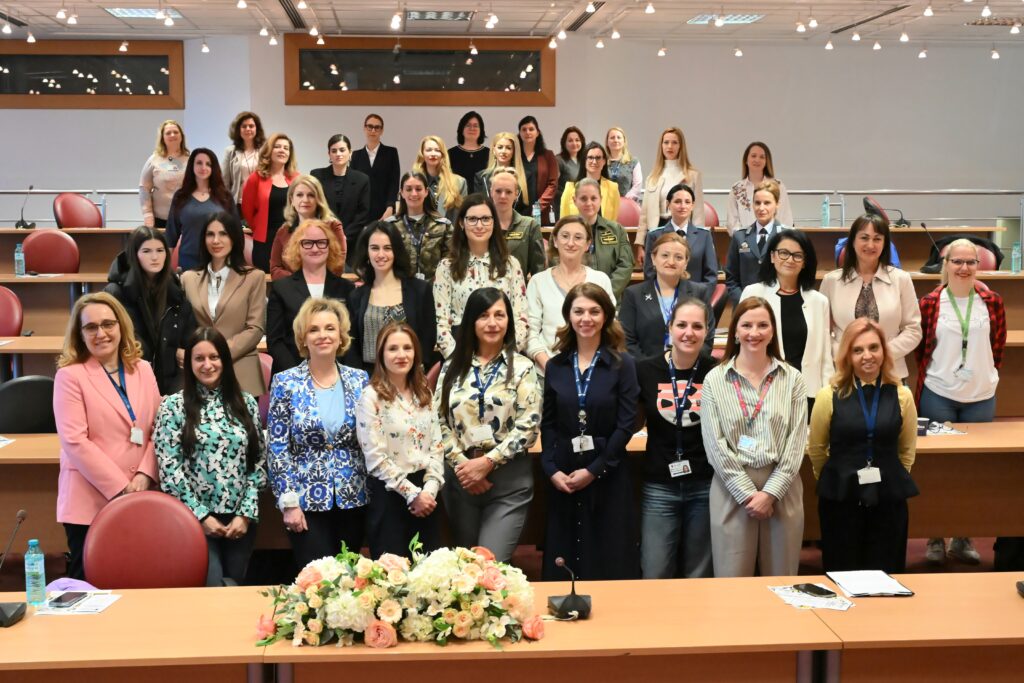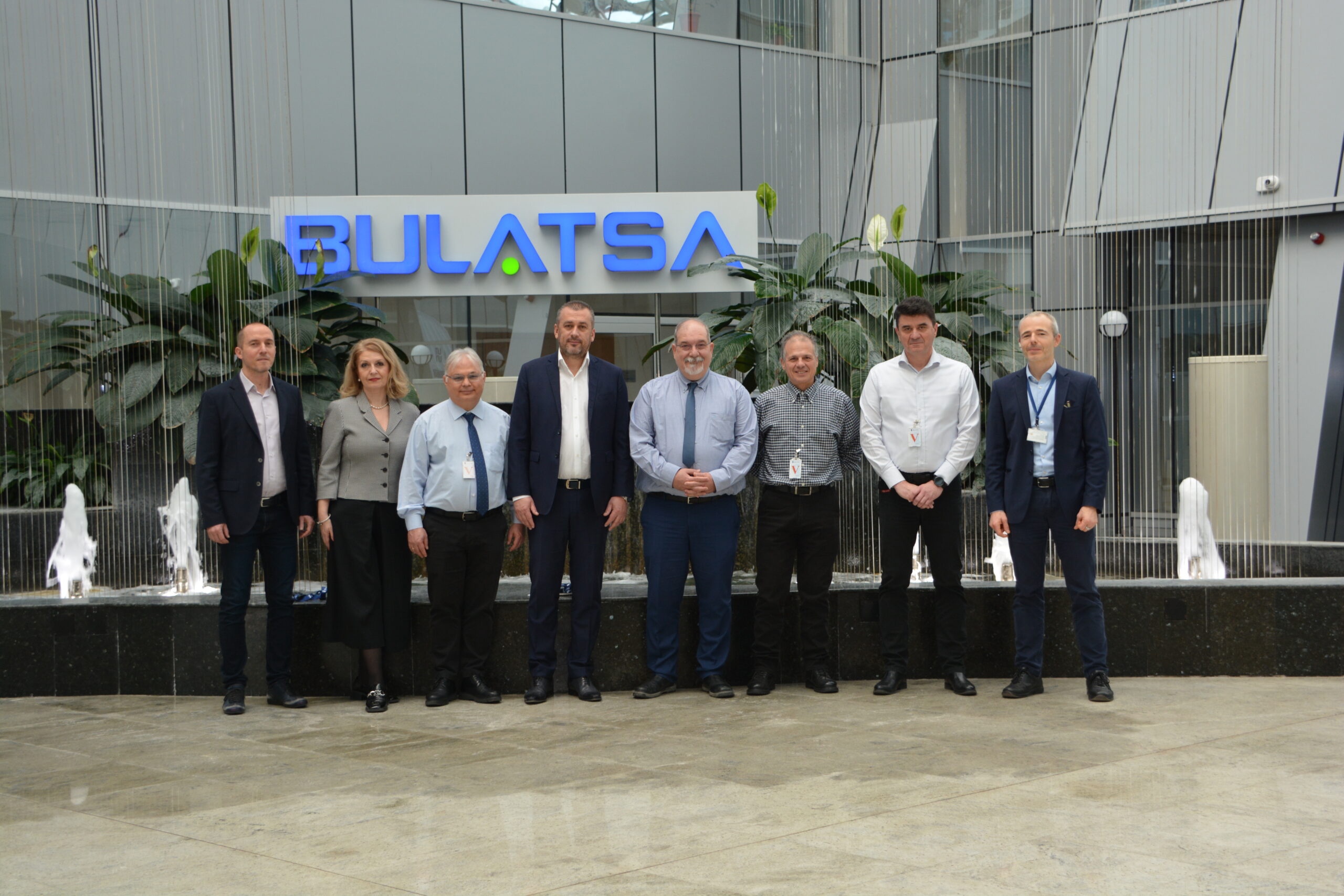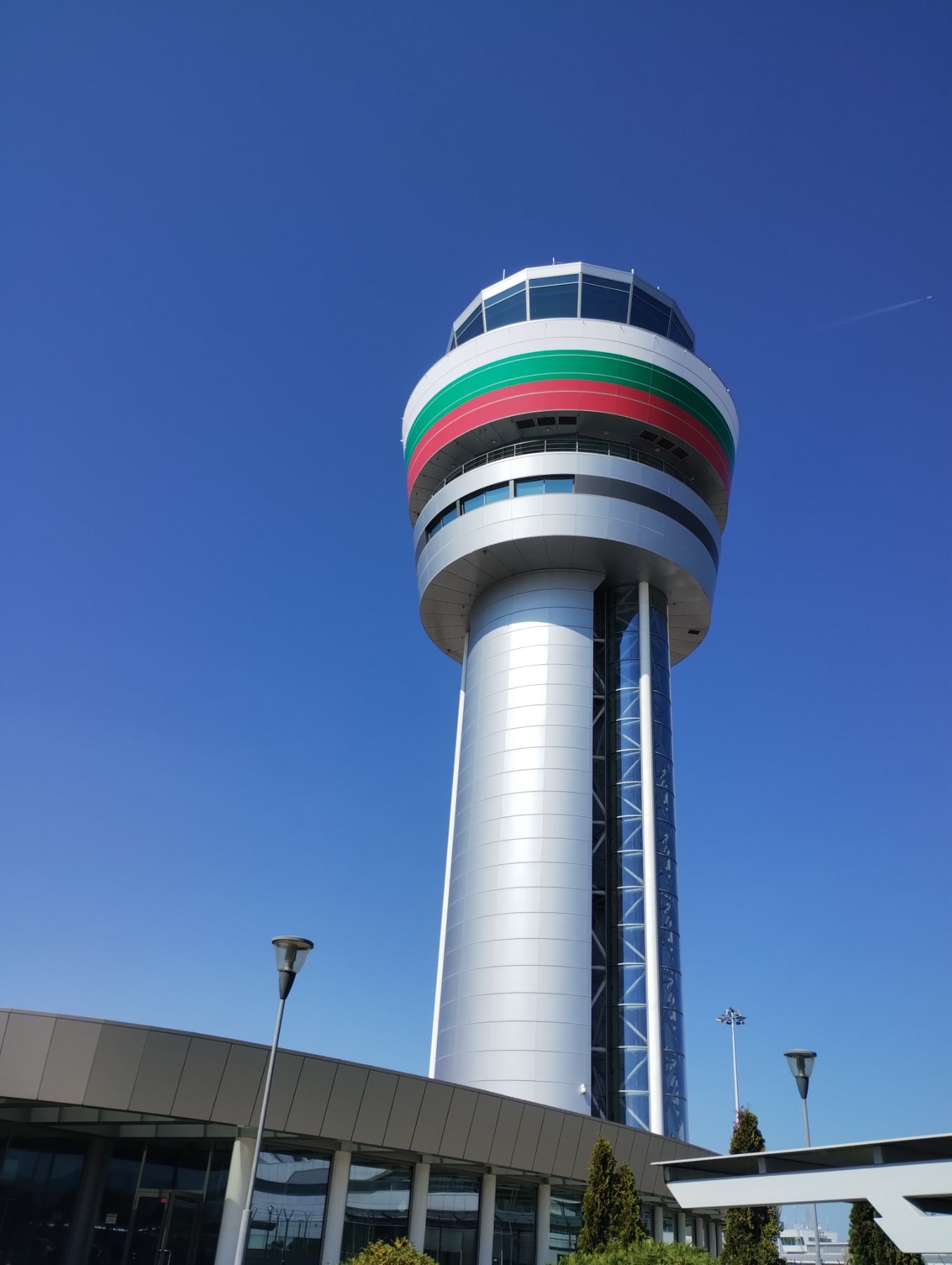Career in aviation is becoming even more attractive for women
The first conference “Women in Aviation – Sustainable Development and Recruitment” was held in Sofia.
The number of women in aviation – civil and military – is ever growing and those who have chosen this professional path are categorical that their work is not only responsible but also inspiring. That is why it is also attractive to young girls who dream of being pilots or air traffic controllers. The forum was hosted by Bulgarian Air Traffic Services Authority (BULATSA), and it was attended by representatives of: BULATSA; Directorate General Civil Aviation Administration (DG CAA); Bulgarian Air Force; airline Bulgaria Air and other civil aviation companies; SOF Connect – the operator of Vasil Levski Airport – Sofia; Eurocontrol – the organization that controls the flights over Europe and many others. The aim of the conference is to promote the achievements of women in Bulgarian aviation, the challenges they face, as well as to attract young people towards this profession.
Statistics show that for 2024 the traffic over Bulgaria has reached a record high level for the recent years – over one million overflying aircraft. They are serviced by 328 air traffic controllers, of which more than 40 are women. The jump in the number of flights requires an increase in personnel, both in our country and at the European level. It was pointed out that in the next 20 years Europe will need 140 000 pilots, 600 000 aviation technicians, etc. BULATSA highlighted that among the company’s priorities is the attraction of third and fourth year students, so that they are oriented towards aviation professions from an early age. Stefania Nikolova-Tsankova, a representative of Eurocontrol, added that a working European practice is to introduce aviation professions to students in the upper grades of high schools.
BULATSA reminded that the candidates for Air Traffic Controller must be up to 30 years old, have a bachelor’s degree and be fluent in English. They undergo a multi-level training – theory and practice, working in the air traffic control room with a personal mentor for 10 months. People with engineering degrees are also being sought, for whom there is no age limit. “The role of mentors is extremely important – they teach, but they also constantly learn,” said Ivan Iliev, an air traffic controller and head of Programs and Strategies Department at BULATSA. He has trained Tereza Mihaylova, who now works at Eurocontrol. The two talked about the common path that the newcomers and their mentors take.
“We are making efforts to introduce the profession to more women – to find out about the application requirements and to join our team. The profession is prestigious, interesting and well-paid,” said Kamen Yordanov, head of Training Center Department at BULATSA. He announced that a complete renovation of the flight control room is imminent, to make it one of the most modern in Europe.
Betina Dikova and Desislava Dimitrova told the forum participants about their journeys. Betina had trained as a fighter pilot but chose the path of an air traffic controller in civil aviation, while Desislava had graduated from the National Academy for Theatre and Film Arts but later decided to complete the training and has been taking care of air traffic services over Bulgaria for several years now.
About 38% of all employees of SOF Connect – the operator of Vasil Levski Airport in Sofia, are women, said Antoaneta Stoyanova, Director of Sustainable Development at the company. According to her, 40% of the management positions in the company are held by women.
Statistics were also provided by Anelia Marinova, the first woman – director of Directorate General Civil Aviation Administration. She noted that the number of employees in the directorate is 124, of which 59 are women. Marinova also shared an interesting world fact: the highest number of female pilots is in India -13%.
Lieutenant Colonel Svetlana Goranova from the Air Force shared her experience and talked about the role of women in the Air Force. She reminded that in 2025 will be 30 years since the first admission of women to the Air Force Schools for the needs of military aviation.
Zlatina Batishteva, co-pilot of Airbus A220 aircraft at Bulgaria Air, also spoke about her work. She shared that she has been flying on such a machine for over a year and a half and added that she was part of the crew that delivered one of the company’s seven new aircraft, which flew from Canada to Sofia on a 10-hour flight.
The enormous role of building effective partnership relations of BULATSA at local and European level was emphasized by Alexandra Svrakova – expert in the European Programs, Projects and Strategies Directorate at BULATSA. She highlighted the successes so far in implementing policies for equality and inclusion with the aim of competitiveness of the sector.
The participants in the forum decided to make the conference a tradition and to hold it annually in the eve of the International Women’s Day on 8 March.




